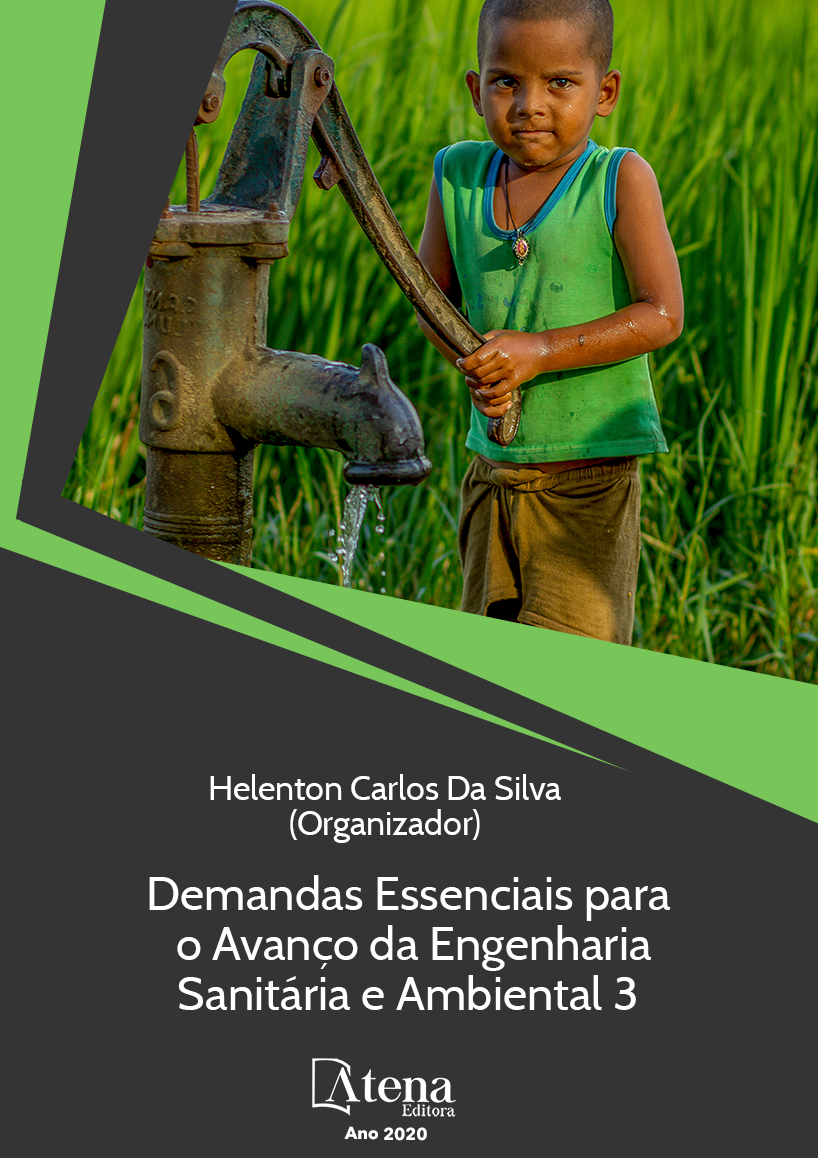
AVALIAÇÃO DOS CONSÓRCIOS INTERMUNICIPAIS PARA A GESTÃO DOS RESÍDUOS SÓLIDOS URBANOS NOS ARRANJOS TERRITORIAIS ÓTIMOS EM MINAS GERAIS
No Brasil, os modelos de gestão
dos Resíduos Sólidos Urbanos (RSU)
adotados pelos municípios, principalmente os
de pequeno porte, com sua atuação de forma
individualizada, têm apresentado dificuldades
para promover o adequado gerenciamento
dos resíduos. A Política Nacional de Resíduos
Sólidos, Lei 12.305 de 2010, incentiva a
adoção de consórcios ou de outras formas
de cooperação entre os entes federados
para a gestão dos resíduos sólidos visando
à elevação das escalas de aproveitamento e
à redução dos custos envolvidos. O presente
trabalho objetivou identificar os consórcios
intermunicipais operantes no Estado de Minas
Gerais para a gestão dos RSU, avaliando-os em
relação à configuração dos municípios proposta
nos Arranjos Territoriais Ótimos (ATOs) do
Plano Preliminar de Regionalização do Estado.
Os consórcios foram analisados com base em
critérios geográficos, socioeconômicos, logístico
e de gerenciamento dos RSU. Os resultados
indicaram que o percentual de municípios que
participam de consórcios operantes no Estado
ainda é pouco expressivo (7%), sendo a sua
maioria, 83,6%, de pequeno porte com população
inferior a 20.000 habitantes. Os consórcios têm
utilizado, de forma compartilhada, as Usinas de
Triagem e Compostagem e aterros sanitários
para tratamento e disposição final dos resíduos,
contudo disposições inadequadas em aterros
controlados e lixões ainda estão presentes
em alguns dos municípios consorciados. As
divergências encontradas entre a configuração
regional dos municípios consorciados e a
dos ATOs indicam a necessidade de estudos
sobre os fatores envolvidos no planejamento
da constituição dos consórcios intermunicipais
bem como nos critérios determinantes para a
formação dos arranjos territoriais.
AVALIAÇÃO DOS CONSÓRCIOS INTERMUNICIPAIS PARA A GESTÃO DOS RESÍDUOS SÓLIDOS URBANOS NOS ARRANJOS TERRITORIAIS ÓTIMOS EM MINAS GERAIS
-
Palavras-chave: resíduos sólidos urbanos, consórcios intermunicipais, arranjos territoriais, regionalização
-
Keywords: urban solid waste, intermunicipal consortia, territorial arrangements, regionalization
-
Abstract:
In Brazil, the urban solid waste (USW) management models adopted
by the municipalities, especially the small ones, acting individually, have presented
difficulties to promote proper waste management. The National Policy on Solid Waste,
Law 12.305 of 2010, encourages the adoption of consortia or other forms of cooperation
among federated entities for the management of solid waste aiming at raising the
utilization scales and reducing the costs involved. The present work aimed to identify
the intermunicipal consortia operating in the state of Minas Gerais for the management
of USW, evaluating them in relation to the configuration of the municipalities proposed
in the Optimal Territorial Arrangements (OTAs) of the Preliminary State Regionalization
Plan. The consortia were analyzed based on geographic, socioeconomic, logistic and
MSW management criteria. The results indicated that the percentage of municipalities
that participate in consortia operating in the state is still insignificant (7%), most of
them, 83.6%, with a population of less than 20,000 inhabitants. Consortia have used
the Sorting and Composting Plants and landfills in a shared way for treatment and
final disposal of waste, but inadequate provisions in controlled landfills and dumps
are still present in some of the consortium municipalities. The divergences found
between the regional configuration of the consortium municipalities and that of the
OTAs indicate the need for studies on the factors involved in planning the constitution
of intermunicipal consortia as well as on the determining criteria for the formation of
territorial arrangements.
-
Número de páginas: 9
- Liséte Celina Lange
- Luciana Alves Rodrigues Macedo


